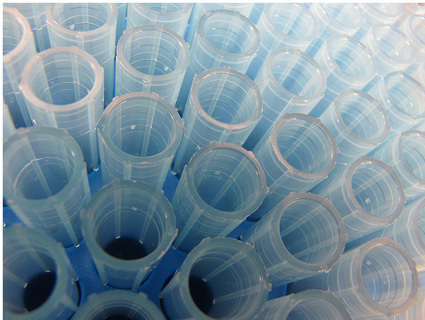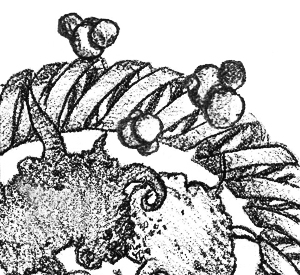
<a href="http://www.flickr.com/photos/blueridgekitties/3883646277/">BlueRidgeKitties</a>/Flickr
Would you want to know if you are at risk of developing a life-threatening disease? What if it’s totally incurable? What if there’s only a 5 percent chance it would even happen in your lifetime? On Tuesday, an ethics group at the Wellcome Sanger Institute in Cambridge launched a site designed to wrestle with exactly these types of moral questions quickly cropping up due to the increased prevalence of gene sequencing.
If you are a volunteer in a medical study, for example, and have handed over a spit sample of DNA, the survey tries to determine what responsibility researchers have to let you know if they discover something sticky you may not know about along the way. The survey (chock full of images of “scientists” very seriously pipetting) is designed to crowd-source the data collection process in hopes of gauging broad public attitudes towards genomic testing; the eventual goal is to help inform emerging public policies on the issue. And don’t worry if you don’t consider yourself super science-literate—the questions are all designed to hit pretty close to home. The harder part will be figuring out how you really feel about knowing what’s in the cards for you.
How much would you really like to know? Visit http://www.genomethics.org to fill out the survey.













